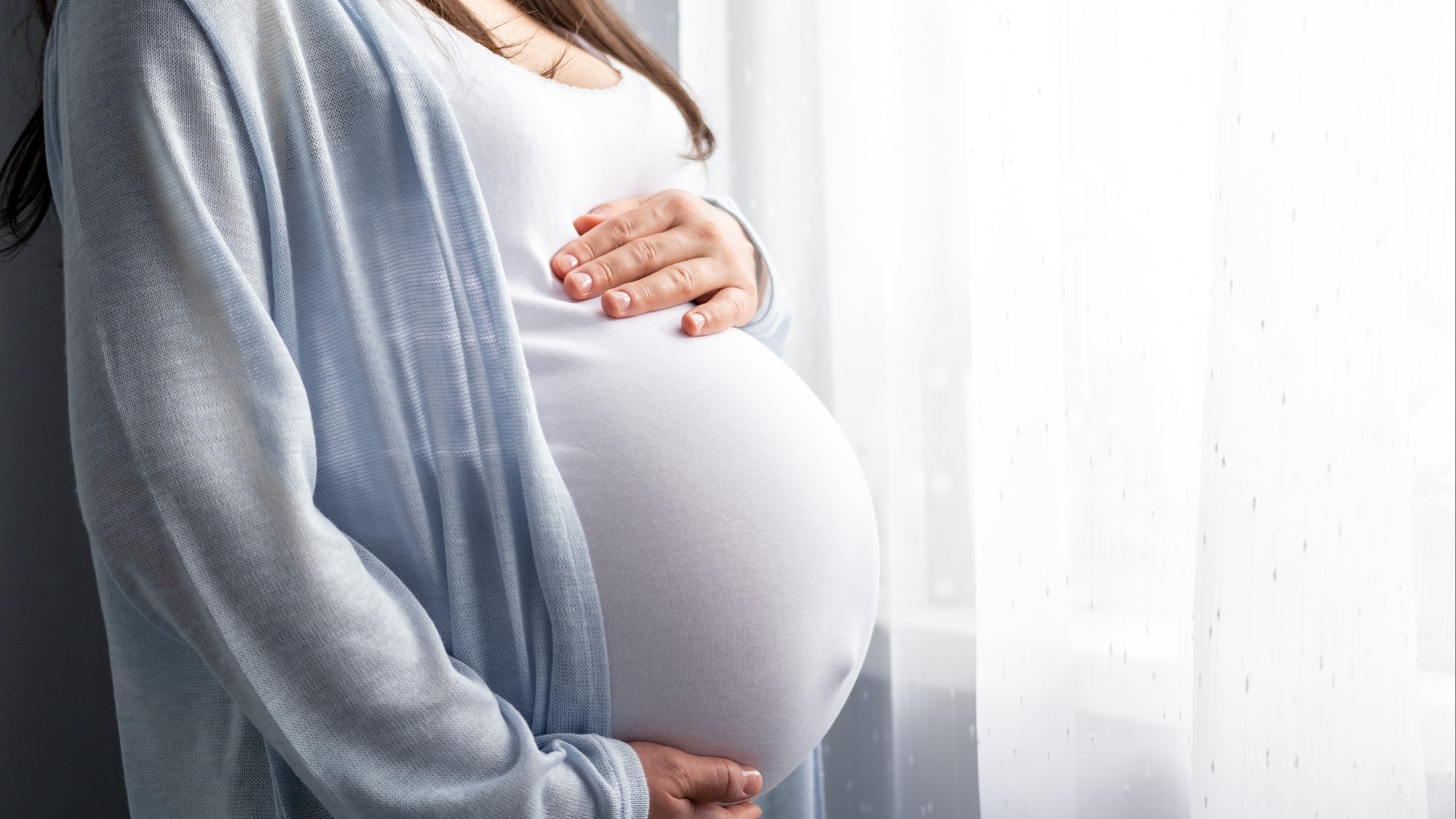
A woman in Alabama is pregnant with two girls — but they're two separate pregnancies. Kelsey Hatcher was born with two uteruses, which is very rare, according to WVTM13. What's even less common is being pregnant in both at the same time.
Though Kelsey knew for some time that she had two uteruses, her husband still didn't believe her when she told him that she was pregnant in both. “I said, 'well, there's two of them in there.' And he said, 'you're lying.' I said, 'no, I’m not,'" Kelsey told WVTM13.
Kelsey's pregnancies are considered high risk. The babies might not even be born on the same day. "When she goes into labor, if she does, then we will have to monitor each uterus and see which one's contracting and if they're doing sort of almost the same or they're different," said Dr. Richard Davis.
After giving birth to the two babies, Kelsey will be a mom to five children. Though she said she and her husband were "grateful for the blessing," she does not plan to have more children after this.
More from LittleThings: Woman Asks If It's Okay Not To Give Money To Her Sister Who Says She Doesn't 'Need' It
The pregnancy was definitely a surprise for Kelsey and her husband, Caleb, but it surprised doctors as well. OB-GYN Dr. Shweta Patel said that having a baby in both uteruses is "very, very rare."
Having two uteruses is something that could occur in about 3 in 1,000 people, according to Dr. Davis. But being pregnant in both uteruses at the same time is "really crazy," he said.
In addition to having two uteruses, Kelsey also has two cervixes. This does not occur in all cases, according to the Mayo Clinic; sometimes, women who are born with a double uterus might have one cervix.
Double uterus pregnancies can be risky, but Mayo Clinic notes that many people with a double uterus still go on to have routine, successful pregnancies.
Kelsey and Caleb's three children are 7, 4, and 2 years old. It's unclear whether the two babies that Kelsey is currently pregnant with will be considered twins or not.
The babies could be born at different times and are not in the same uterus, but they still might be twins, since there's no other way of referring to them, according to Dr. Patel. "Medically, this is such a rare thing that we don't have a better way of describing it besides still calling them twins," Dr. Patel told WVTM13.
Kelsey's double pregnancies are something that most OB-GYNs will never see in their entire careers, Dr. Patel said. Kelsey has understandably gotten a lot of attention for it — and that's something she's not really used to. "To be this rare and kind of out there, I’m like, 'Oh my gosh, there's a lot,'" Kelsey told WVTM13.




